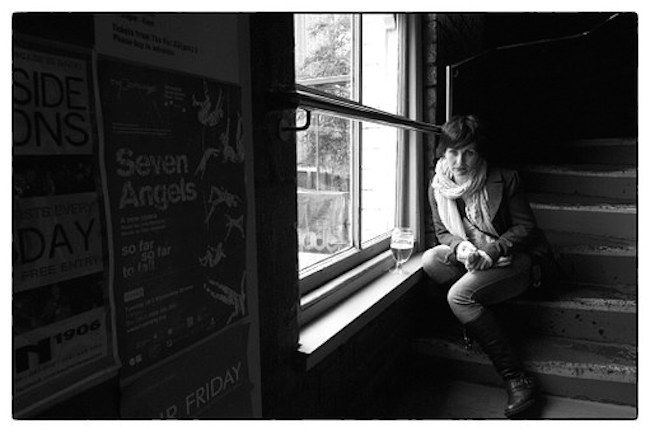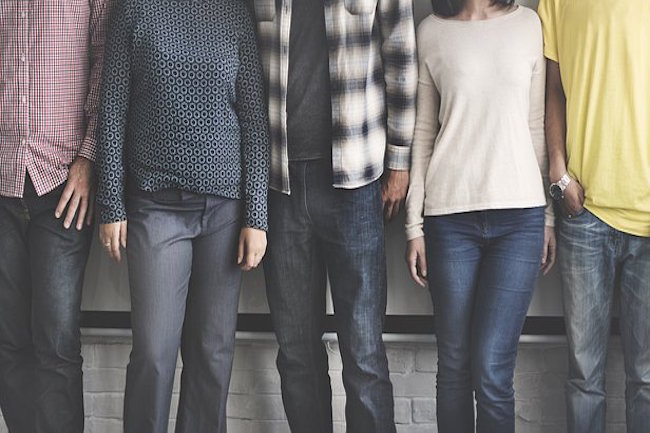6 Hard-to-Swallow Truths about Codependency (& Why they’re Crucial to Recovery) by David Baumrind (139,485) for Elephant Journal
GNN Note – Sin comes in a great many forms. Unhealthy relationships are one of the ways the devil keeps us separated from God. If we are obsessing over another human being, that will let us down, we are not focused on God and the Master Healer, Jesus Christ. /END
I’m a recovering codependent.
Until a few years ago, I never gave codependency much thought. I’d heard the term used but judged it harshly, reserving it for those who couldn’t stand on their own two feet without help—and I wasn’t that person.
Except, I was.
After decades of hiding my codependency from myself and others, I arrived at rock bottom following the epic disintegration of my marriage. Broken wide-open, I began to accept my part and look at my long string of failed relationships with a brutally cold eye. What I saw pierced right through my worn, tattered heart.
As an Adult Child of an Alcoholic (ACA), I was completely unaware of the codependency that began in childhood and weaved its way through every facet of my being—affecting how I interacted with the world around me. Codependency became part of my DNA; I changed and adapted to protect myself from the excruciating feelings of rejection and insecurity I suffered as a child.
Codependency often revolves around addiction in the family, but that’s not a requirement. Any family system that discourages the open expression of feelings and direct, honest communication can lead to codependency. Our emotional needs go unmet, and we feel ashamed of our traumatic emotional wounds, low self-esteem, and low self-worth.
We retreat deep into ourselves—into our world of emptiness and isolation, devoid of the meaningful connections we crave.
Growing up feeling unsafe and alone, we subconsciously begin to craft a collection of self-defeating coping mechanisms around how we react to people in our relationships—and we learn early on to develop controlling behaviors designed to make ourselves feel safe.




